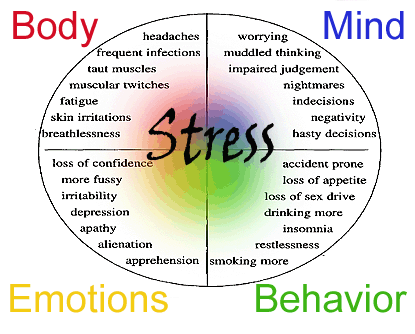PHYSIOTHERPY TREATMENT OF DEPRESSION INDUCED BACK PAIN
- Posted by Dr. Barkha Khurana
- Posted in Latest Post, Paramedical Sciences

PHYSIOTHERPY TREATMENT OF DEPRESSION INDUCED BACK PAIN
Blog | UCBMSH – Paramedical Degree courses college in Dehradun ( Doon ) , Uttarakhand , India .
Depression is a state of low mood and aversion to activity that can affect a person’s thoughts, behaviour , feelings and sense of well-being. People with a depressed mood can feel sad, anxious, empty, hopeless, helpless, worthless, guilty, irritable, ashamed or restless. They may lose interest in activities that were once pleasurable, experience loss of appetite or overeating, have problems concentrating, remembering details or making decisions, and may contemplate, attempt or commit suicide. Insomnia, excessive sleeping, fatigue, aches, pains, digestive problems or reduced energy may also be present. Most people have felt sad or depressed at times. Feeling depressed can be a normal reaction to loss, life’s struggles, or an injured self-esteem. But when feelings of intense sadness- including feeling of helpless, hopeless and worthless that last for many days to weeks and keep one from functioning normally, the depression may be something more than sadness.
Many factors may play a role in depression, including genetics, brain biology and chemistry and life events such as trauma, loss of a loved one, a difficult relationship, an early childhood experience, or any stressful situation.
Depression can happen at any age, but often begins in the teens or early 20s or 30s. Most chronic mood and anxiety disorders in adults begin as high levels of anxiety in children. In fact, high levels of anxiety as a child could mean a higher risk of depression as an adult.
Psychogenic pain, also called psychalgia, is physical pain that is caused, increased, or prolonged by mental, emotional, or behavioral factors. Headache, back pain, or stomach pain are some of the most common types of psychogenic pain. Many people report pain in the absence of tissue damage or any likely patho physiological cause; usually this happens for psychological reasons.
CAUSES –
• Muscle Tension – The most common cause of muscle discomfort from anxiety is tension. Muscle tension is one of the most common anxiety symptoms, occurring whenever we experience stress. Tension puts strain on the muscles and hardens them, which over time can cause the muscles to experience both dull and sharp pains.
• Stress Adjustments – Anxiety may also change the way a person sits , the way he stands, how often he stretches and more. It’s not uncommon for those with anxiety to be constantly moving or acting differently than they used to in minor ways. They don’t even realize – from slouching to shifting to ticks, and more. These adjustments may lead to their own muscle stress, which in turn can cause muscle pain.
Back pain is more common in people with anxiety and mood disorders than those without them pain. A lack of sleep, poor eating habits, and not enough exercise make up a recipe for depression among college students. The stress that comes with academia — including pressure to get good grades, financial worries, failed relationships and conflicts with roommates — are enough to force some students to leave college or worse.
PHYSIOTHERAPY TREATMENT-
1) Jacobson relaxation technique
2) Stretching of tight muscles to release tension in muscles.
3) Heating modalities like Short wave diathermy , hot packs
4) Soft tissue manipulations to release tension in muscles.The soft tissue manipulations include different techniques such as kneading,rolling,effluerage
5) Myofascial release is also very beneficial to reduce tightness in muscles.
